My Neighbor’s Dog Poops in My Yard, but Things Escalated Faster Than I Expected

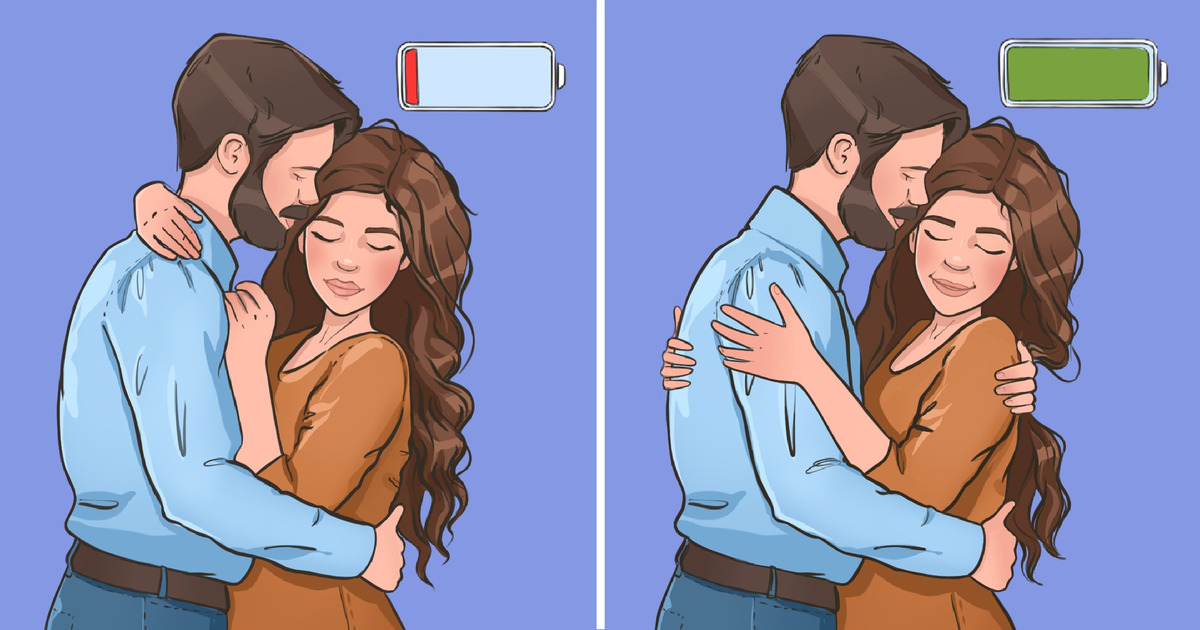
Sometimes the best thing you can do for a person is to offer them comfort, warmth, and love by something as simple as a hug. And if you’re not a big fan of physical touch, you might change your mind when you learn all about how powerful they can be for our mental and physical health. Hugging will communicate to your loved ones that they’re safe and not alone, and we’ve all felt like getting a hug at one point.
Bright Side cares about people, so we want everyone reading this to have a happy and healthy life. And hugging is an easy and highly beneficial thing to contribute to it.

Human touch is the most intimate form of communication and it naturally brings the most benefits. People who feel lonely often realize that something is missing, but we aren’t aware that it’s something as simple as a hug. According to a survey, which 40,000 people took part in, the most common words associated with touch were “comforting,” “warm,” and “love.”
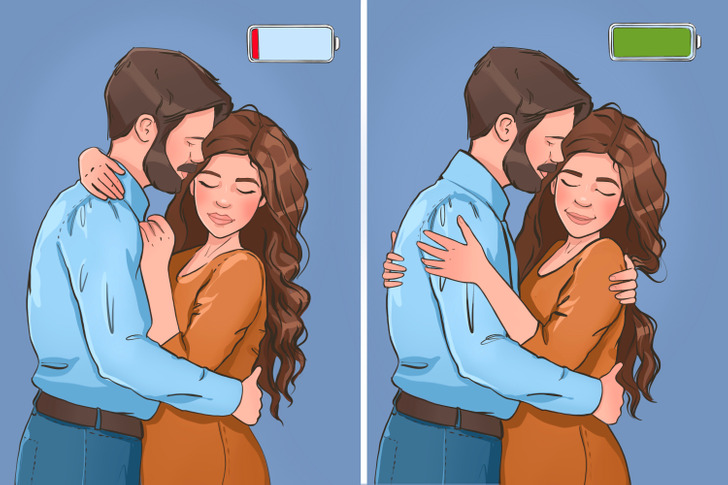
People are used to short hugs, but there’s a big reason why we should try to make them longer from now on. A study was done about the duration of hugs, where the participants had to hug for 1, 5, and 10 seconds. The results showed that the 1-second hugs were found the least pleasant, while the 10-second ones yielded the most pleasure. The benefits a simple hug brings are huge, and adding extra touch, like a back rub, will only boost them.

Hugs produce one of the “happy hormones,” or oxytocin, which is often called the “cuddle” or “love” hormone. The more and longer we touch or hug, the more it’s produced and the better we feel. It is proven that the hormone has anti-stress effects.
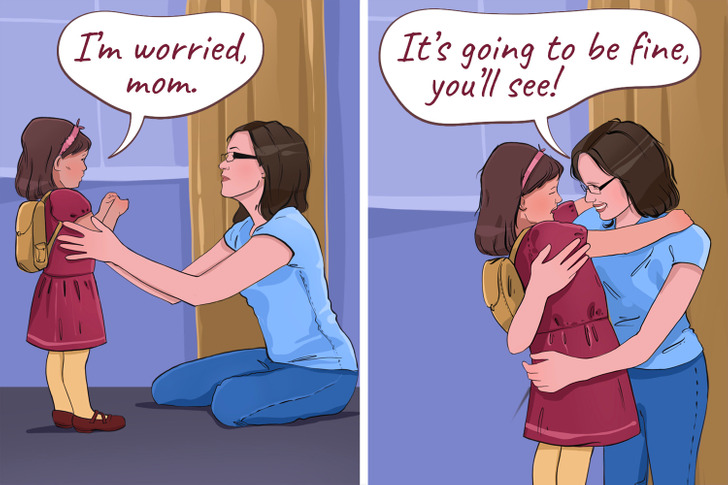
Hugging can have significant benefits for people with anxiety, low self-esteem, and more specifically, those with fear of their mortality. This research suggests that people who are experiencing those feelings may want to be touched as a way of feeling comfort. The results showed that those who were touched experienced less existential anxiety than others who have not been in physical contact with another person.
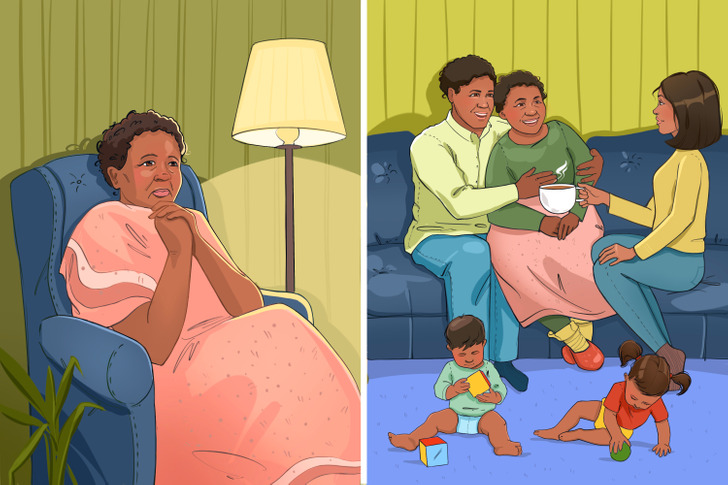
A study suggests that people who receive social support and hugs can be a little more protected from infections. 404 healthy adults participated in it, and after receiving hugs, they were exposed to a common cold virus and then monitored for signs of illness. The results showed that support and hugs reduced the risk of infection.

According to this study, hugs can have significant heart benefits in humans. The researchers split a group of 200 people into 2 groups. In the first one, couples had to hold hands for 10 minutes while watching a romantic video and then hug for 20 seconds, and the second group had to sit in silence without touching for 10 minutes and 20 seconds. The results showed that the people in the more “affectionate group” showed reductions in heart rate and blood pressure.

Being touched or held by a loved one won’t only offer you psychological benefits, but physiological ones as well. According to a study, being touched by someone you love can ease the pain. 22 couples were observed while participating in tests, replicating the experience of being in a delivery room. The women who were subjected to pain and whose partners didn’t touch them felt it. However, when the male partners held their hands, the women’s pain was reduced.
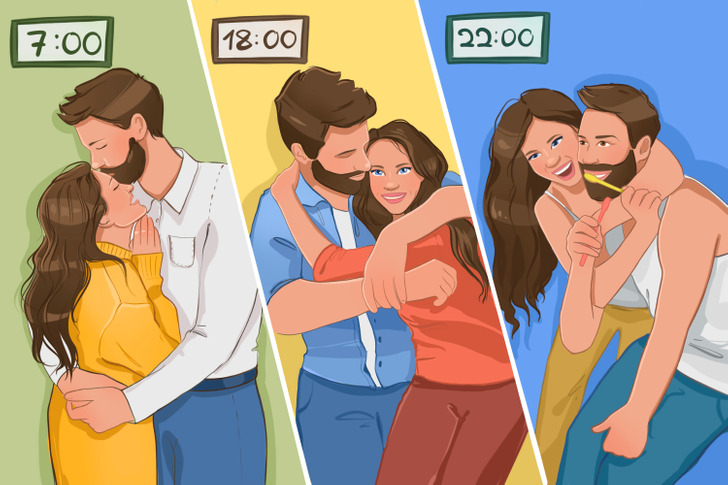
According to a family therapist, Virginia Satir, there is a simple formula. 4 hugs a day are for survival. 8 hugs a day are for maintenance. And 12 hugs a day are for growth. The truth is, we need as many as we can get. Hugs have no cons, while the pros are too important to be ignored.
How often do you hug your loved ones? And will you start hugging them more often now?











